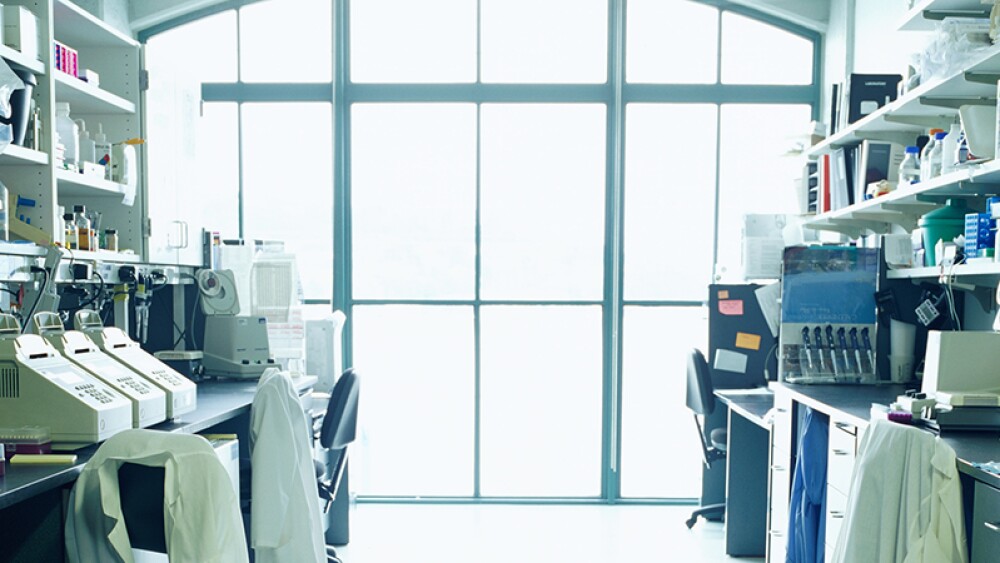December 12, 2016
By Alex Keown, BioSpace.com Breaking News Staff
SAN RAFAEL, Calif. – BioMarin continues to expand its California campus. The company is opening an 85,554 square-foot research and development facility that will allow it to continue developing treatments for rare diseases.
The new facility provides the company with “a flexible and efficient facility” for lab and office work, the North Bay Business Journal reported after being provided a look at the site. The new facility was designed with the researcher in mind. Each work station has access to natural light and exterior views—something that will help with employee morale. Each workstation will allow employees to work in a seated or standing position, whichever suits their needs.
The facility also includes a number of meeting areas—large and small—to accommodate the needs of the teams assigned to the building. The R&D site is the fifth building in BioMarin’s San Rafael business campus.
The research center will house about 400 employees, the Journal said. BioMarin employs approximately 1,000 in San Rafael. It also maintains offices in Novato, Calif., where there are about 600 employees.
A new design space could help the company as it plans to take another look at its failed treatment for Duchenne muscular dystrophy (DMD). Earlier this year, the company’s experimental treatment Kyndrisa was rejected by the U.S. Food and Drug Administration. However, the company seems to be emboldened by the FDA’s ultimate approval of a DMD drug by rival drugmaker Sarepta Therapeutics . In October, BioMarin said it was considering an appeal of the FDA’s Complete Response Letter rejecting Kyndrisa. However, the company said at the time that it had not made a decision.
But the DMD drug is not the only valuable asset in the company’s pipeline. The company plans a Phase III drug to treat achondroplasia, a mutation associated with dwarfism, in its pipeline now. The drug, vosoritide, could be a potential blockbuster with projections of $1.1 billion in sales by 2025 if approved. In October, the company presented results from a Phase II trial that saw patients experience a 46 to 65 percent improvement in growth. Phase III testing is expected to take a year and will include a placebo control group, something the Phase II trials did not, Investors.com reported in October.
“We believe that growth velocity is an important measurement in developing vosoritide, which has the potential to address the complications associated with achondroplasia. We are grateful to the children and their families who are participating in this study,” Hank Fuchs, BioMarin’s chief medical officer, said in a November statement about the trial data.





